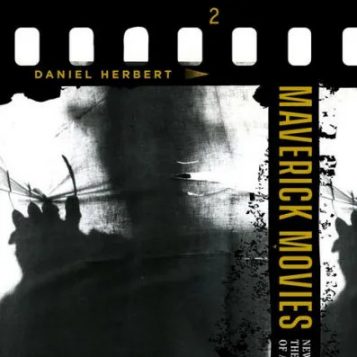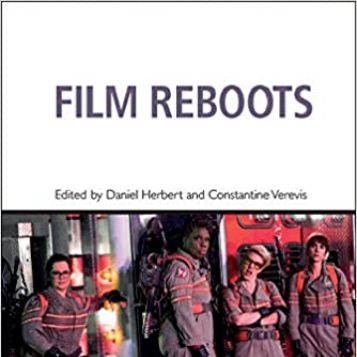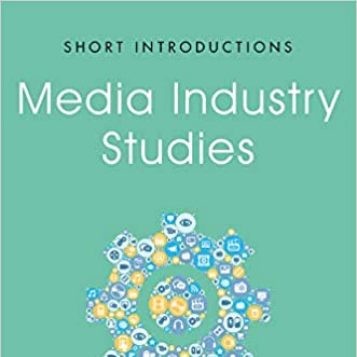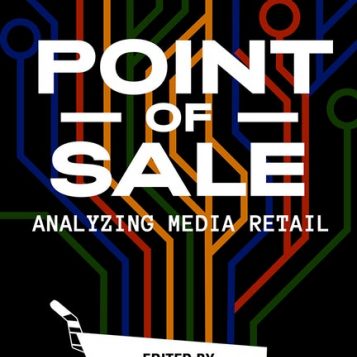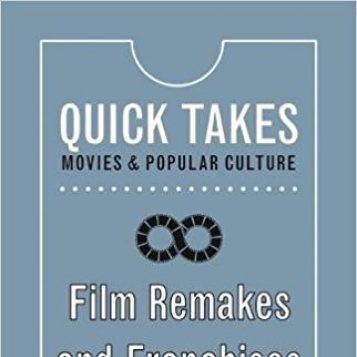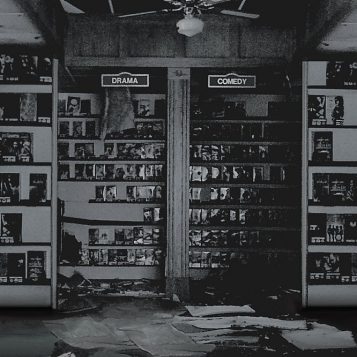Professor; Department of Film, Television, and Media
he/him/his
Office Information:
6413 North Quad
Department of Film, Television, and Media; Graduate Program
Education/Degree:
Ph.D. in Critical Studies, University of Southern CaliforniaMaster of Arts in Critical Studies, University of Southern California
Bachelor of Arts in Media Arts, University of New Mexico
Newest from Daniel Herbert
Maverick Movies: New Line Cinema and the Transformation of American Film (2023)
Daniel Herbert
Maverick Movies tells the improbable story of New Line Cinema, a company that cut a remarkable path through the American film industry and movie culture. Founded in 1967 as an art film distributor, New Line made a small fortune running John Waters's Pink Flamingos at midnight screenings in the 1970s and found reliable returns with the Nightmare on Elm Street franchise in the 1980s. By 2001, the company competed with the major Hollywood studios and reached global box office success with the Lord of the Rings franchise. Blurring boundaries...
See MoreFilm Reboots (2020)
Daniel Herbert, Constantine Verevis
Bringing together the latest developments in the study of serial formatting practices – remakes, sequels, series – Film Reboots (co-editors Daniel Herbert and Constantine Verevis, Edinburgh University Press, 2020) is the first edited collection to specifically focus on the new millennial phenomenon of rebooting. Through a set of vibrant case studies, this collection investigates rebooting as a practice that seeks to remake an entire film series or franchise, with ambitions that are at once respectful and revisionary. Examining such notable examples as Batman, Ghostbusters
See MoreMedia Industry Studies (Short Introductions)
Daniel Herbert, Amanda Lotz, Aswin Punathambekar
The study of media industries has become a thriving subfield of media studies. It already comprises a diverse intellectual history, a range of fascinating questions and topics, and many theoretical and methodological frameworks. Media Industry Studies provides the roadmap to this vibrant area of study. Blending a comprehensive overview of foundational literature with an examination of the varied scales and sites media industry studies have considered, the book explores connections among research questions, topics, and methodologies. It includes examples from many media industries - film...
See MorePoint of Sale: Analyzing Media Retail (2019)
Daniel Herbert and Derek Johnson (Eds.)
Point of Sale offers the first significant attempt to center media retail as a vital component in the study of popular culture. It brings together fifteen essays by top media scholars with their fingers on the pulse of both the changes that foreground retail in a digital age and the history that has made retail a fundamental part of the culture industries. The book reveals why retail matters as a site of transactional significance to industries as well as a crucial locus of meaning and interactional participation for consumers. In addition to examining how industries ...
See MoreFilm Remakes and Franchises (2018)
Daniel Herbert
Contemporary media seems incredibly unoriginal, as Hollywood produces an endless flood of remakes, sequels, reboots, and franchises. We watch as the same stories, characters, and images appear again and again in different films, on new platforms, and as toys and other merchandise. Are these works simply crass commercial products, utterly devoid of creativity, or do they offer filmmakers a unique opportunity to reimagine iconic characters and modern myths?
Film Remakes and Franchises examines how remakes and sequels have been central to the film industry from its very inception...
Tags: Department of Film, Television, and Media , Daniel Herbert , Faculty
Videoland: Movie Culture at the American Video Store (2014)
Daniel Herbert
Videoland offers a comprehensive view of the "tangible phase" of consumer video, when Americans largely accessed movies as material commodities at video rental stores. Video stores served as a vital locus of movie culture from the early 1980s until the early 2000s, changing the way Americans socialized around movies and collectively made movies meaningful. When films became tangible as magnetic tapes and plastic discs, movie culture flowed out from the theater and the living room, entered the public retail space, and became conflated with shopping and salesmanship. In this...
See More
